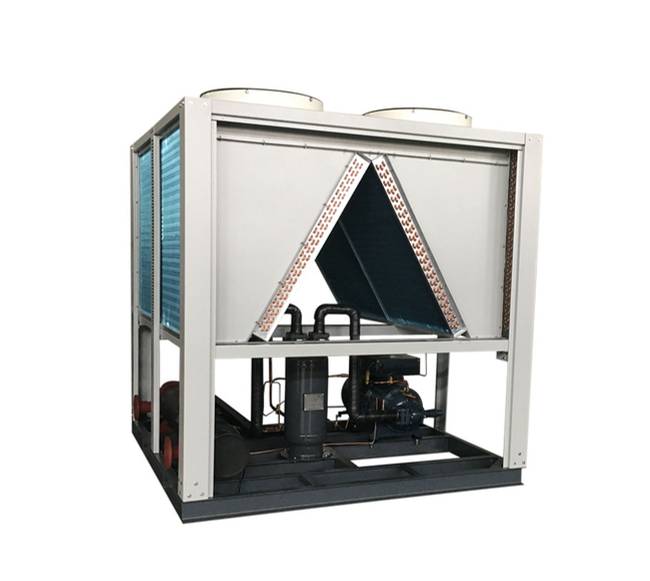How to Install a Heat Pump Water Heater?
There are various types of water heaters, and heat pump water heaters are one of them, so how do you install a heat pump water heater? The following heat pump water heater supplier will tell you how to install a heat pump water heater.
1. Positioning of the unit
About the positioning of the unit, first of all, we must determine the placement of the unit, mainly considering the load-bearing of the floor, the impact of the inlet and outlet air of the unit, in houses with natural gas, oil or wood stove, the heat pump coil should be installed on the warm side (downstream) of the furnace. If a heat pump is added to an electric furnace, the heat pump coil can usually be placed on the cold side (upstream) of the furnace for maximum efficiency.

2. Foundation fabrication
Cement or channel steel can be used. The foundation must be on a load bearing beam of the floor to avoid the floor collapsing and causing injury or death because it is not on a load bearing beam. To prevent snow from blocking the airflow in the coils and to allow defrost drainage, the unit should be placed on a base that raises the floor 30-60 cm (12 to 24 inches) above. It should be fixed to a concrete slab, which in turn sits on a bed of gravel to improve drainage of the stand. Alternatively, the unit may be installed on a properly constructed frame from the wall of the house.
3. Connection of the water circuit system
After ensuring that the unit is placed smoothly and that vibration dampening rubber mats are used between the unit and the foundation, the pumps, valves and filters between the main unit and the water tank are connected and then the electrical connections are made, with the main unit power cable, pumps, solenoid valves, pressure switches and target flow switches electrically as required by the connection diagram. The outdoor unit should be protected from strong winds, which may reduce efficiency and cause defrost problems. At the same time it should be placed in the open so that outdoor air is not recirculated through the coils.
4. Machine test run
Water line test pressure, test the pipeline connection for water leakage, after determining that there is no problem with the water line pressure, carry out a test run of the machine, before starting the machine, the unit must be grounded, using a megohmmeter to check the insulation performance of the machine model. After checking that there are no problems, start running. Use a universal clamp current meter to check the operating current and voltage of the machine and other parameters.
评论
发表评论